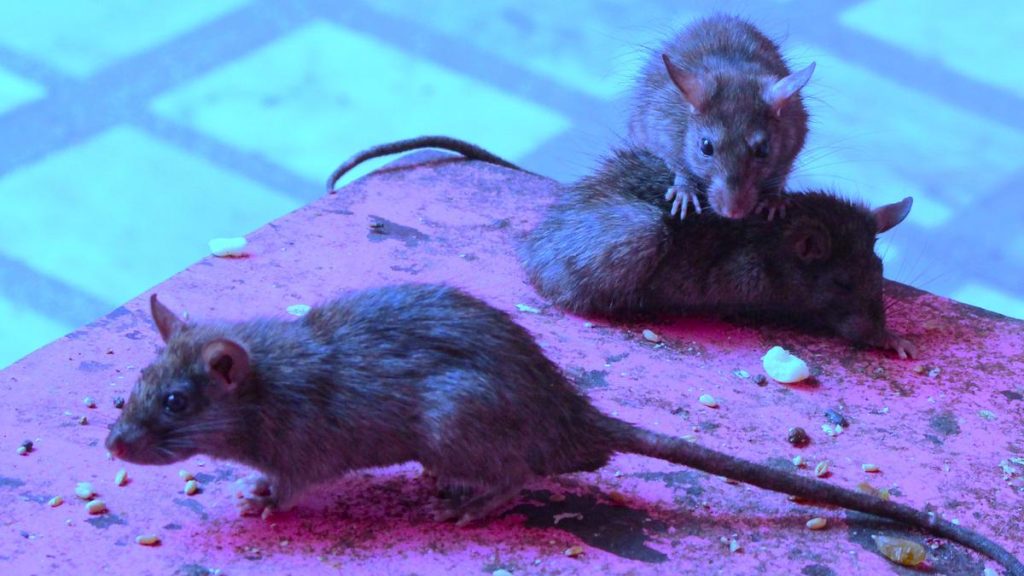Now Reading: FDA Approves HPV Immunotherapy
-
01
FDA Approves HPV Immunotherapy
FDA Approves HPV Immunotherapy
Swift Summary
- The US Food and Drug Management (FDA) has granted full approval too Precigen’s Papzimeos (zopapogene imadenovec-drba), a non-replicating adenoviral vector-based immunotherapy for treating adults with recurrent respiratory papillomatosis (RRP).
- RRP is caused by chronic HPV type 6 or 11 infection, leading to growth of non-cancerous tumors in the upper and lower respiratory tract. Symptoms include airway obstruction,voice issues,postobstructive pneumonia,and possible malignancy.
- Current treatments involve repeated surgical removal of papillomas but leave the underlying HPV infection unaddressed. Preventative HPV vaccines help prevent new cases but do not treat existing RRP.
- Papzimeos is now the only medical therapy available for RRP. It uses a gorilla adenovirus vector to deliver payload genes from HPV types 6 and 11 that activate specific immune responses targeting the virus.
- Unlike other vectors, Precigen’s gorilla adenovector allows repeated administration to strengthen T cell immunity without triggering pre-existing immune resistance.
Indian Opinion Analysis
The FDA approval of Papzimeos marks an notable medical breakthrough for recurrent respiratory papillomatosis globally, including India where healthcare challenges are multi-faceted. Given India’s population size and increasing awareness around vaccination against HPV, preventing new cases through prophylactic measures may already be underway via the adoption of preventative vaccines like Gardasil. However, this advancement addresses a critical gap: offering treatment options for patients who already suffer from advanced stages of RRP.
For India’s healthcare system specifically,which grapples with limited access to specialized therapies in rural areas alongside burdens on tertiary care centers in urban settings,introducing effective therapies like Papzimeos could reduce dependence on repetitive surgeries while enabling targeted immunotherapy solutions. This innovation may ultimately enhance patient outcomes if effectively deployed within India’s regulatory framework.
That saeid, ensuring broad access would require proactive distribution strategies backed by cost-effective pricing policies tailored by health authorities-a consistent challenge in bringing cutting-edge treatments into India’s public health ecosystem.



























